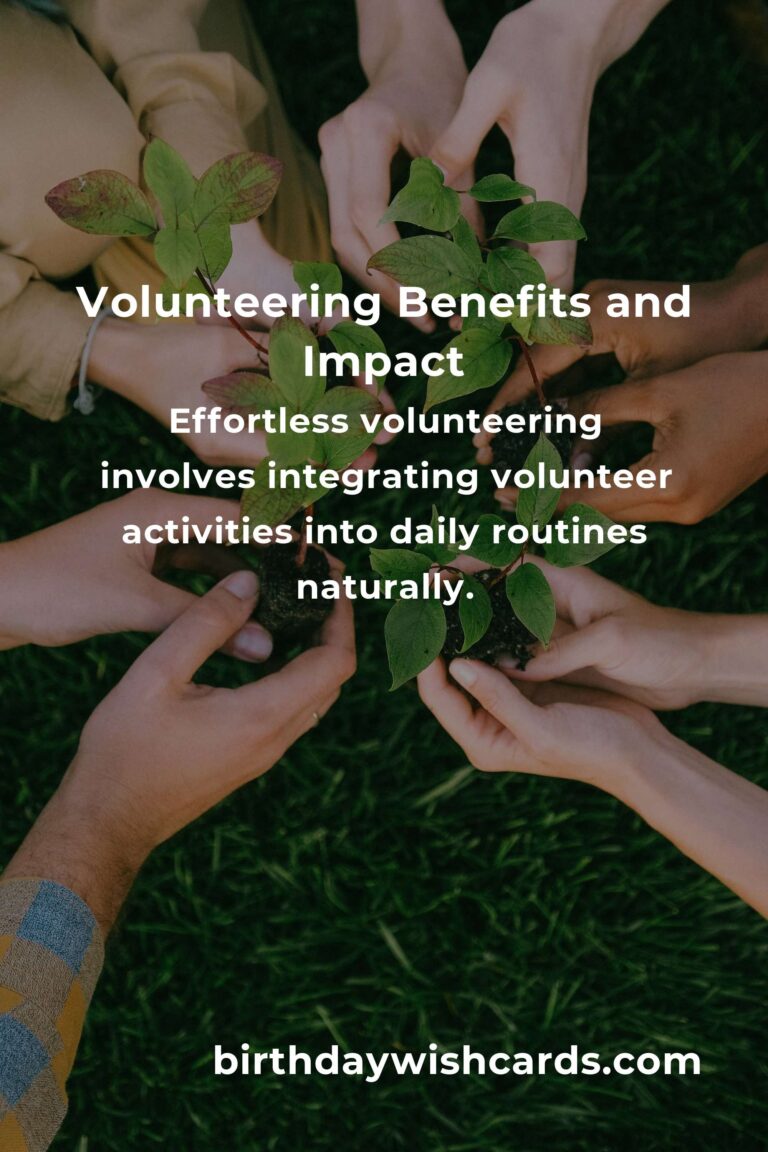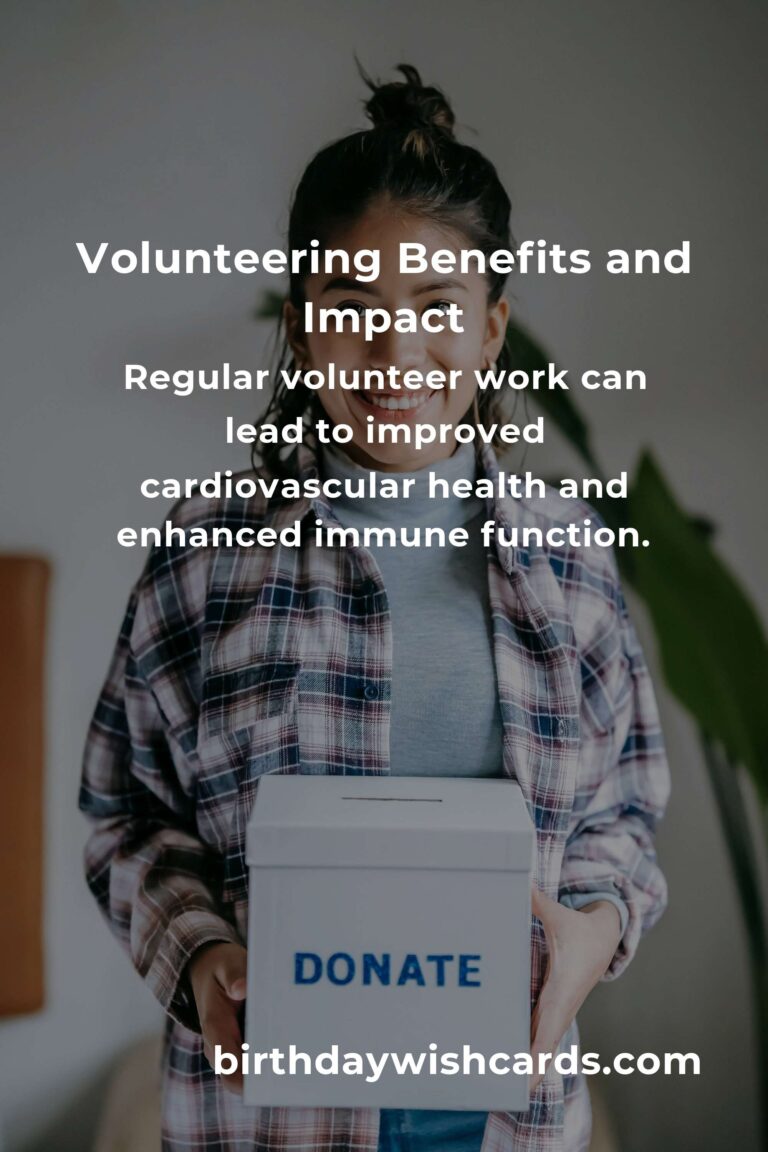
Volunteering is often seen as a selfless act that benefits both the community and the individual participating. While the altruistic nature of volunteering is widely acknowledged, the science behind why and how it affects individuals remains an intriguing field of study. This article delves into the scientific aspects of effortless volunteering, exploring its psychological and physiological benefits, and how it can be seamlessly integrated into our daily lives.
The Psychological Impact of Volunteering
Volunteering has a profound psychological impact on individuals. Research indicates that volunteering can significantly improve mental health, reduce stress, and enhance feelings of happiness and fulfillment. This is largely due to the release of neurotransmitters such as dopamine and serotonin, which are associated with pleasure and mood regulation.
Moreover, volunteering fosters a sense of purpose and belonging, which are crucial components of mental wellness. Engaging in volunteer activities can help combat feelings of loneliness and isolation by building social connections and community ties.
Physiological Benefits of Volunteering
Beyond the psychological benefits, volunteering also offers numerous physiological advantages. Studies have shown that regular volunteer work can lead to improved cardiovascular health, lower blood pressure, and enhanced immune function. These benefits are often a result of the physical activity involved in volunteering, as well as the stress-reducing effects of altruistic behavior.
Volunteering can also contribute to longevity. A longitudinal study found that individuals who volunteer frequently have a lower mortality rate compared to those who do not. This can be attributed to the combined physical and mental health benefits associated with volunteering.
Effortless Volunteering: Making It Part of Everyday Life
Effortless volunteering involves integrating volunteer activities into our daily routines in a way that feels natural and manageable. This can be achieved by identifying opportunities that align with personal interests and skills, thereby ensuring that the volunteer work is both enjoyable and sustainable.
One effective approach is micro-volunteering, which involves small, manageable tasks that require minimal time commitment. This can include activities such as mentoring, virtual assistance, or community clean-ups that fit seamlessly into one’s schedule.
The Ripple Effect of Volunteering
The impact of volunteering extends beyond the individual to the broader community. By participating in volunteer activities, individuals contribute to social cohesion and community resilience. This creates a ripple effect, where the positive changes initiated by volunteers inspire others to contribute, thereby amplifying the overall impact.
Moreover, volunteering can also foster cross-cultural understanding and cooperation, as it often involves working with diverse groups of people. This promotes a more inclusive society and helps bridge cultural and social divides.
Conclusion
The science behind effortless volunteering reveals its multifaceted impact on individuals and communities. From enhancing mental and physical health to fostering social connections and community resilience, the benefits of volunteering are vast and varied. By understanding these advantages, individuals can be motivated to incorporate volunteer activities into their lives, making a positive difference in both their own well-being and that of their communities.
Volunteering significantly improves mental health, reduces stress, and enhances feelings of happiness. Regular volunteer work can lead to improved cardiovascular health and enhanced immune function. Effortless volunteering involves integrating volunteer activities into daily routines naturally. The impact of volunteering extends beyond the individual to the broader community. Volunteering fosters cross-cultural understanding and cooperation, promoting an inclusive society.
#Volunteering #CommunityService #MentalHealth #WellBeing #SocialImpact













